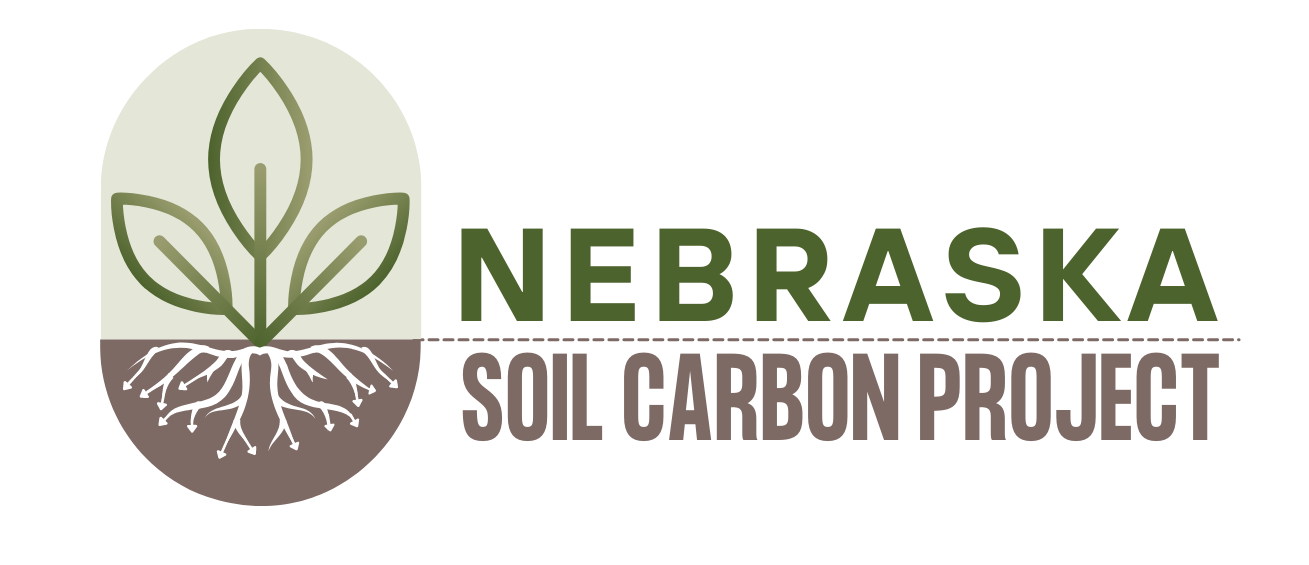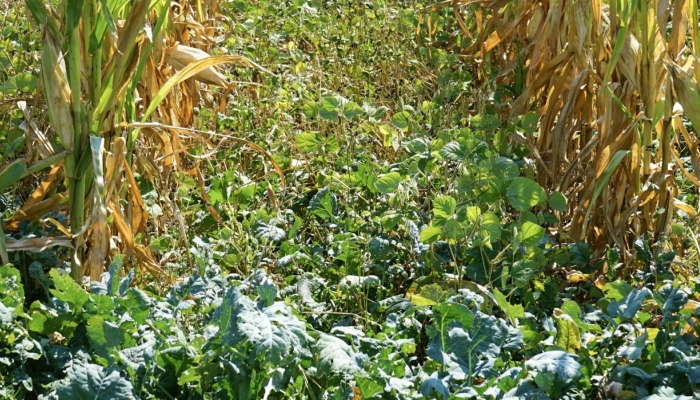Nebraska Soil Carbon Project
The final enrollment application for this program has passed. If you have questions about this program or other funding opportunities for conservation practices, please contact Jerod Fling at the NRD at jfling@upperbigblue.org or call him at (402) 362-6601.

The Nebraska Soil Carbon Project (NSCP) is a public-private partnership between the Central Platte NRD, Upper Big Blue NRD, Natural Resources Conservation Service (NRCS), Cargill, McDonalds & Target, and The Nature Conservancy. The NSCP is a Regional Conservation Partnership Program expanding the financial and technical resources available to producers through the NRCS field offices.
The Goal
Team up with approximately 100 producers to enroll 100,000 acres in cost-share programs for adoption of soil health practices including adoption of cover crops, reduction of tillage, and/or diversifying crop rotation.
Program Details
- PAYMENT
- Pay for Practice
- Cost-share payment of $20 per acre per year. Multiple practices can be stacked in the same field; however, payment per acre remains constant at $20 per year.
- CONTRACT LENGTH
- 1 year
- option to renew annually
- ENROLLMENT (Data/ process required)
- Annual data collection including 3 years of historical data before practice adoption
- Technical assistance provided to navigate online data portal
- MONITORING/ VERIFICATION
- This program partners with the Ecosystem Services Market Consortium to quantify carbon storage outcomes.
- Payments will not be linked to carbon storage, but will instead be paid by acres of practice adopted.
- PRACTICES
- Cover crops
- Reduced Tillage
- No-till
- Diverse rotations
- STACKABILITY
- Can be stacked with NRCS cost-share programs such as EQIP, RCPP, and/or CSP
- Fields enrolled in this program cannot be enrolled in any other program that pays for carbon accounting (e.g., Truterra, Agoro, ForGround by Bayer, CIBO, Indigo, etc.)
- ADDITIONAL INFORMATION
- Purpose of the project is to learn alongside farmers as they navigate carbon programs providing education and connection to resources.
- Assisting farmers in identifying the preferred carbon program to enroll in upon project completion.
- Farmers participating will be paid on an acreage basis during the duration of the pilot program
- This program will continue until conclusion of project in 2026.
- TNC in Nebraska Launches Soil Carbon Project on 100,000 Acres (nature.org)

